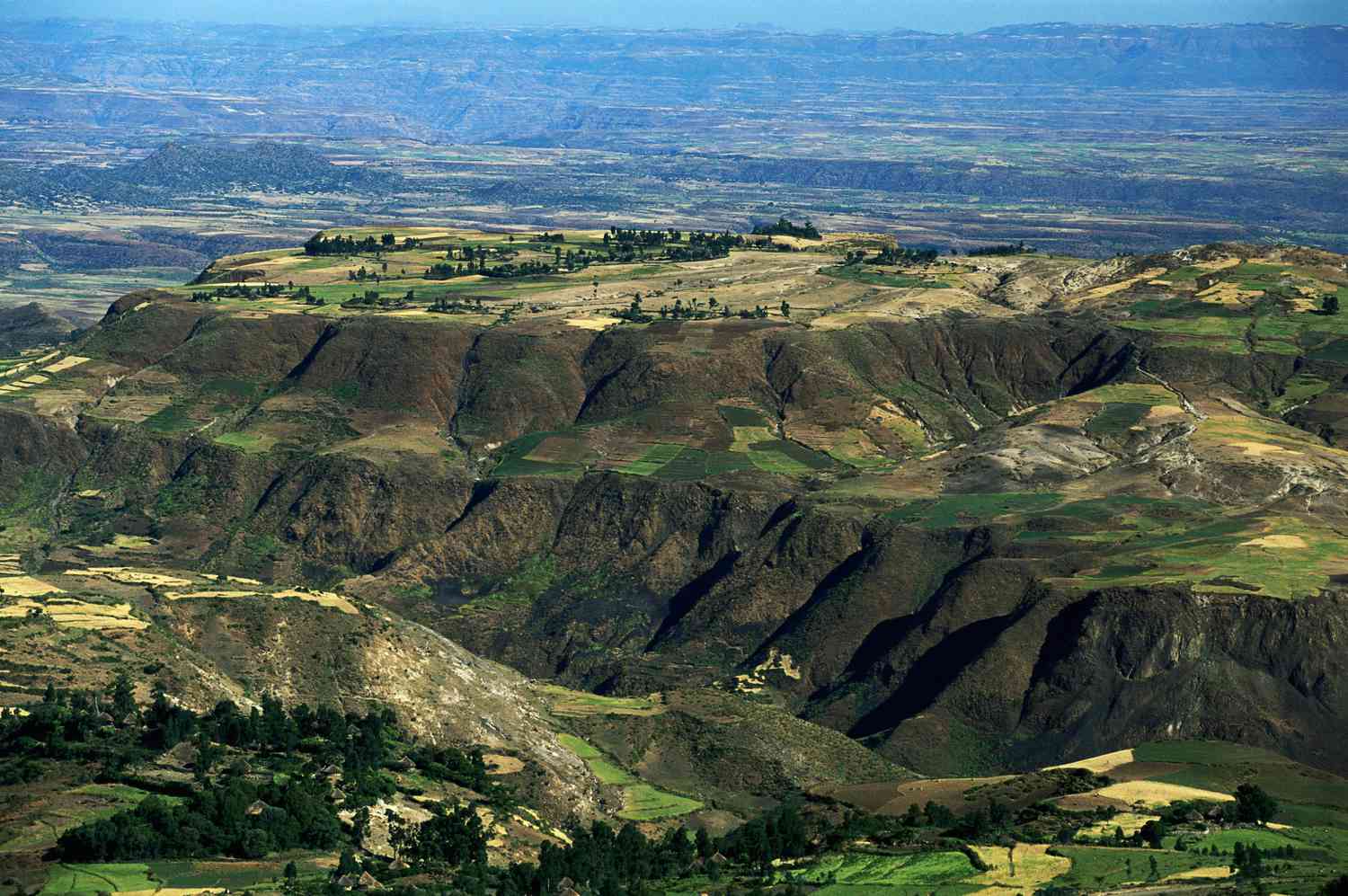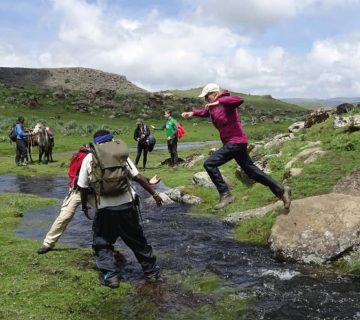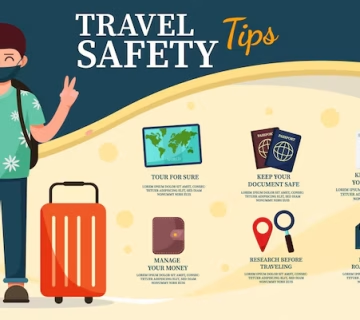Planning a trip to Ethiopia? Get ready for an unforgettable journey through one of Africa’s most diverse and fascinating countries. Ethiopia is often called the cradle of humanity and a living museum of cultures, with breathtaking landscapes, ancient history, and vibrant traditions. But before you pack your bags, it’s helpful to know a few important things that will make your travels smoother and more enjoyable.
Here are 10 things to know before traveling to Ethiopia:
1. You’ll Need a Visa (Most of the Time)
Most visitors require a visa to enter Ethiopia. Luckily, Ethiopia offers e-Visas that you can apply for online before you travel, which is much easier than applying at the embassy. Make sure your passport is valid for at least 6 months from your date of entry.
2. Currency: Birr Is King
The local currency is the Ethiopian Birr (ETB). Cash is still widely used, especially outside of Addis Ababa. ATMs are available in major cities, but they can be unreliable, so carrying some local cash is always smart. US dollars are also accepted in some hotels and tour offices.
3. Ethiopia Runs on Two Calendars & Two Clocks
Ethiopia uses its own Ethiopian Calendar, which is about 7–8 years behind the Gregorian calendar. For example, 2025 internationally is 2018 in Ethiopia. Time is also counted differently: the day starts at sunrise (around 6 AM is “zero hour”). Don’t be surprised if someone says “meet me at 2 o’clock” and they mean 8 AM!
4. The Food Culture Is Unique
Ethiopian cuisine is unlike anywhere else in the world. Meals are centered around injera, a spongy sourdough flatbread, often served with flavorful stews called wot. Don’t miss the traditional coffee ceremony, where freshly roasted beans are brewed and served with popcorn. If you’re vegetarian or vegan, Ethiopia is perfect—thanks to “fasting days” in the Orthodox Church, many dishes are plant-based.
5. Language: Amharic, but English Helps
The official language is Amharic, but Ethiopia is home to over 80 languages. In most tourist areas, English is widely spoken, especially among guides, hotel staff, and younger people. Learning a few Amharic greetings like Selam (hello) or Amesegenallo (thank you) goes a long way.
6. Getting Around Isn’t Always Easy
Distances in Ethiopia can be long, and roads aren’t always in the best condition. Domestic flights with Ethiopian Airlines are the fastest way to travel between regions, and booking with them can save you a lot of time. For southern and tribal areas, a 4×4 vehicle is often necessary.
7. Altitude Can Affect You
Addis Ababa, the capital, sits at about 2,355 meters (7,726 ft) above sea level. If you’re not used to high altitude, you may feel short of breath or tired on arrival. Drink plenty of water, avoid heavy exertion the first day, and give your body time to adjust.
8. Safety & Health Precautions
Ethiopia is generally safe for travelers, but it’s wise to stay alert in crowded areas like markets. Travel insurance is highly recommended. Also, check vaccination requirements (like yellow fever, if coming from risk areas), and don’t drink tap water—stick to bottled or filtered water.
9. Respect Local Culture & Traditions
Ethiopia is a deeply traditional and religious country. Dress modestly when visiting churches and villages. Always ask before taking photos of people, especially in the Omo Valley tribes. A respectful approach will open doors and create more genuine connections.
10. Ethiopia Is Huge & Diverse
From the rock-hewn churches of Lalibela and the castles of Gondar to the tribal cultures of the Omo Valley and the surreal landscapes of the Danakil Depression, Ethiopia has incredible variety. Don’t try to do everything in one trip—pick a region or two and take time to explore them fully.
Final Thoughts
Ethiopia isn’t a destination you just “visit”—it’s one you experience deeply. With its warm people, ancient traditions, and breathtaking landscapes, it’s a country that will challenge, inspire, and stay with you long after you leave. By keeping these 10 tips in mind, you’ll be well-prepared for an unforgettable adventure in the heart of East Africa.

 then 'Add to home screen'
then 'Add to home screen' then 'Add to home screen'
then 'Add to home screen'


